- Inspiring People -
- 8mins -
- 250 views
The 10 Best News Stories of 2020 Most Media Barely Mentioned
BrightVibes selected 10 positive and uplifting current affairs news items that together carry an important message: there is good happening in the world all the time and all around us, but sometimes it gets overlooked amid the chaos.
10 Good News Stories 2020: How you choose your news can change your views
Just because a handful of major news events are taking over much of the news coverage, doesn’t mean other important things aren’t happening. At BrightVibes we are fully aware of the huge challenges our planet faces, but we share these positive stories not only to remind people that good is happening all around us and all the time, but also to serve as a stimulus to do more and better at home and in our communities to make our planet a happier, fairer and more sustainable world for everyone.
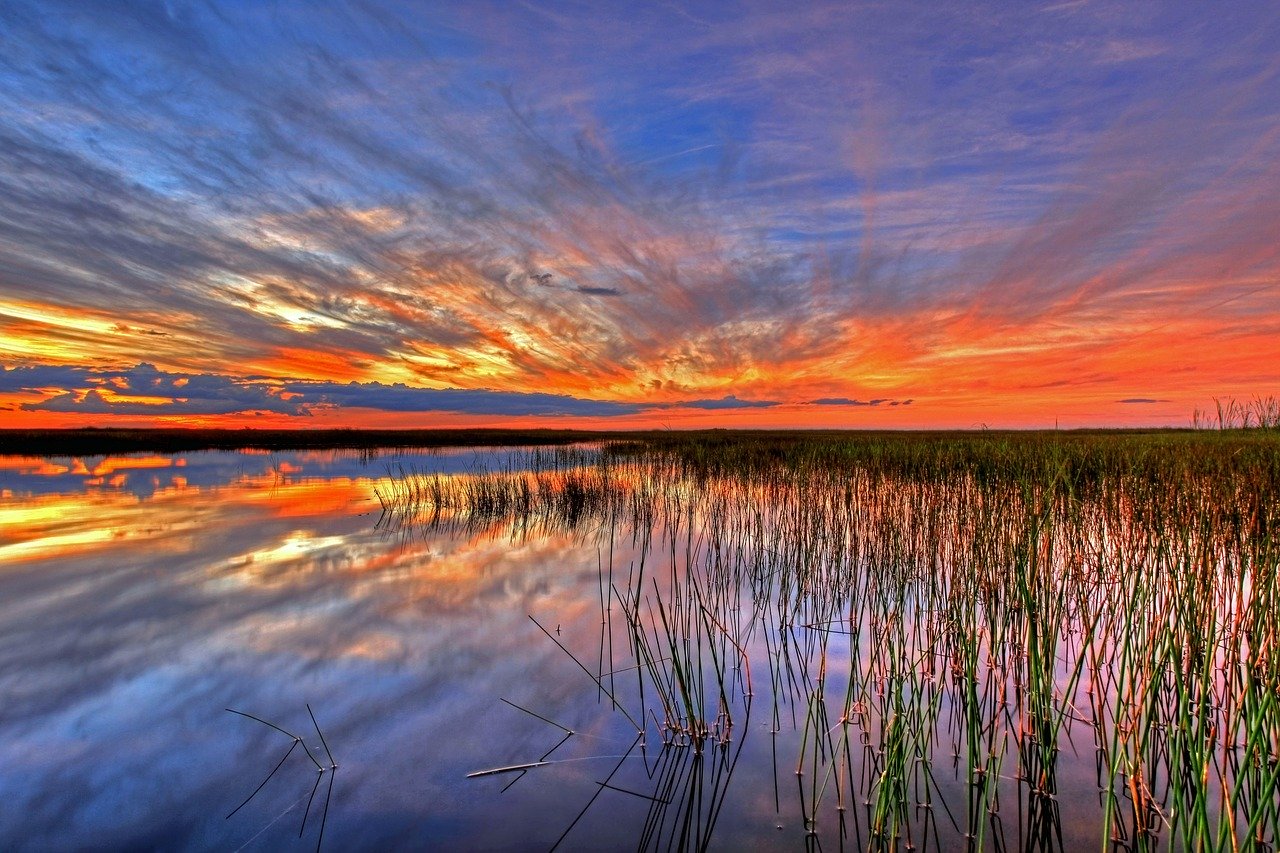
1. FLORIDA TO BUY 20,000 ACRES OF EVERGLADES WETLANDS TO PROTECT FROM OIL DRILLING
On Wednesday 15 January, Florida State Governor Ron DeSantis announced a massive land buyout that will quash a plan to drill for oil in the Everglades wetlands. The state will buy 20,000 acres/8000 hectares in western Broward County owned by Kanter Real Estate LLC, which had won approval for an exploratory oil well, a project that had generated international outrage. The price is $16.56 million to $18 million, depending on when the deal closes. Learn more.
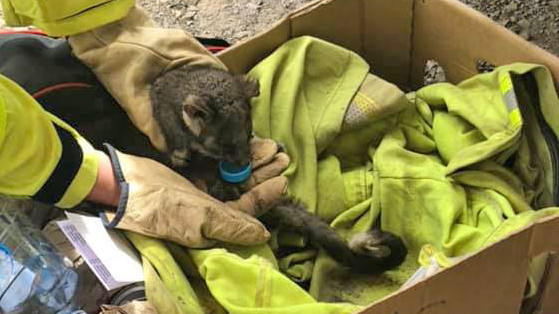
2. THOUSANDS WORK ROUND THE CLOCK TO HELP WOUNDED ANIMALS IN AUSTRALIAN FIRES
The bush fires in Australia have left surviving koalas and other animals homeless and unable to survive unless rescued. Fortunately, wonderful organisations and individuals work hard to rescue thousands of survivors. ‘Kenny’ the Koala was rescued in Bilpin, part of a National Park near Sydney. One of the wonderful firefighters saved him from a burning area of forest late at night. Wildlife rescue charity WIRES were notified and quickly collected Kenny, taking him into care in the early hours of the morning. Learn more about Kenny and his rescuers.
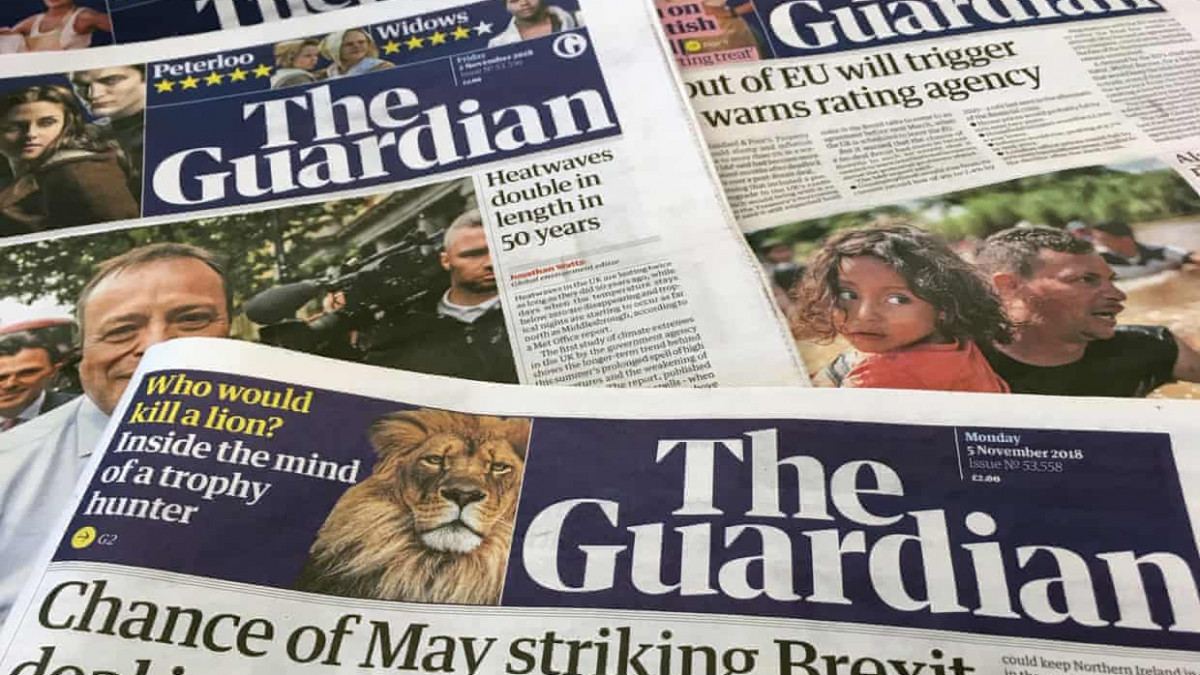
3. GUARDIAN TO BAN ADVERTISING FROM FOSSIL FUEL COMPANIES
The Guardian will no longer accept advertising from oil and gas companies, becoming the first major global news organisation to institute an outright ban on taking money from companies that extract fossil fuels. The move, which follows efforts to reduce the company’s carbon footprint and increase reporting on the climate emergency, was announced on Wednesday and will be implemented with immediate effect. The ban will apply to any business primarily involved in extracting fossil fuels, including many of the world’s largest polluters. Learn more.
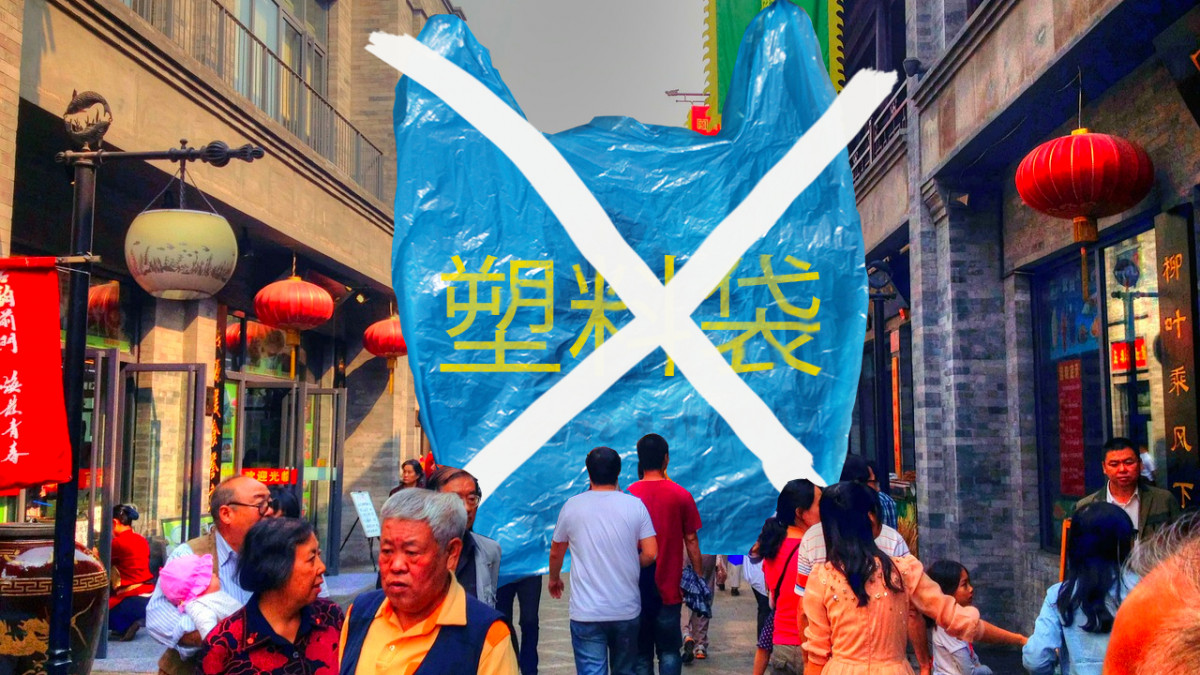
4. CHINA TO BAN PLASTIC BAGS AND OTHER SINGLE-USE PLASTIC ITEMS
China, one of the world’s biggest consumers of plastic, unveils ambitious plan to reduce single-use plastics nationwide. China announced in January that non-degradable bags will be banned in major cities by the end of 2020 and in all cities and towns by 2022. The restaurant industry will also be banned from using single-use straws by the end of 2020. Learn more.
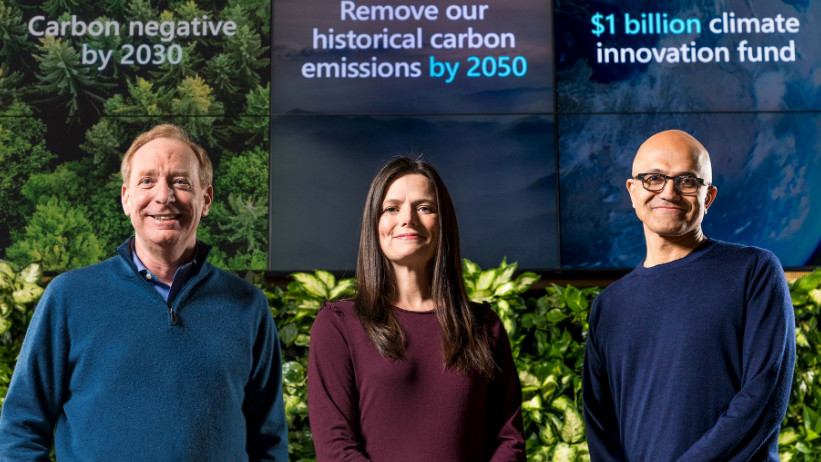
5. MICROSOFT ANNOUNCE PLANS TO CAPTURE ALL OF THE CARBON DIOXIDE IT’S EVER EMITTED
Last month, Microsoft announced plans to remove all of the carbon dioxide it has ever released into the atmosphere by 2050. The company also committed to becoming carbon negative by 2030, meaning that it plans to draw down more planet-heating carbon dioxide than it emits. Switching over to renewable electricity sources in 2025 will get it part of the way to that goal, but it will have to make adjustments in other areas as well. The company is holding itself responsible for not only the greenhouse gas emissions it directly emits, but also for emissions from suppliers it contracts with and the pollution from consumers who use its products. Learn more.

6. BlackRock to avoid investments that “present a high sustainability-related risk.”
Laurence D. Fink, the founder and chief executive of BlackRock, announced Tuesday that his firm would make investment decisions with environmental sustainability as a core goal. BlackRock is the world’s largest asset manager with nearly $7 trillion in investments, and this move will fundamentally shift its investing policy — and could reshape how corporate America does business and put pressure on other large money managers to follow suit.
Mr. Fink’s annual letter to the chief executives of the world’s largest companies is closely watched, and in the 2020 edition he said BlackRock would begin to exit certain investments that “present a high sustainability-related risk,” such as those in coal producers. His intent is to encourage every company, not just energy firms, to rethink their carbon footprints.
“Awareness is rapidly changing, and I believe we are on the edge of a fundamental reshaping of finance,” Mr. Fink wrote in the letter, which was obtained by The New York Times. “The evidence on climate risk is compelling investors to reassess core assumptions about modern finance.” Learn more.
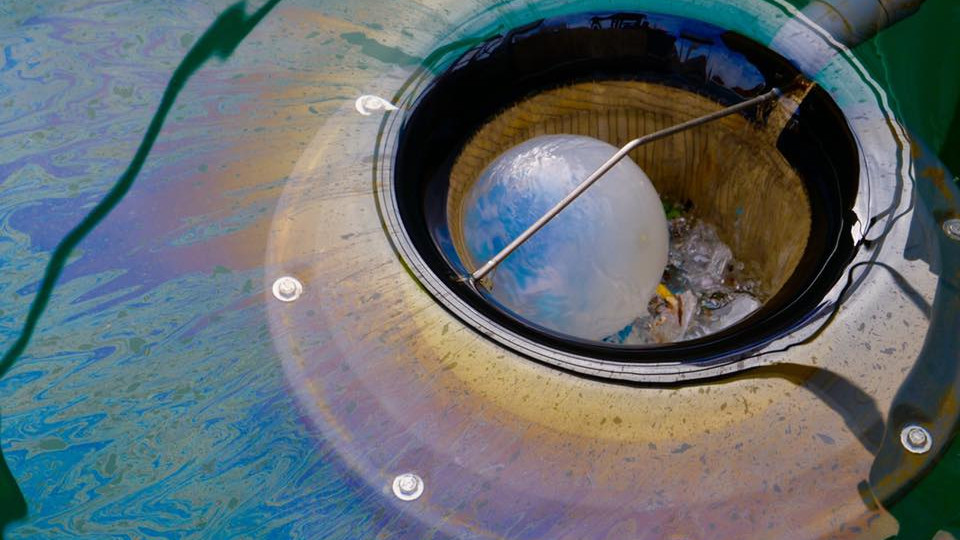
7. “Seabins” collects trash, oil, fuel and detergents from the water’s surface
The City of Melbourne is cleaning up the Yarra River and surrounding waterways with newly installed “Seabins”, which collect up to 200kg of litter each day. Five Seabins have been installed at Yarra’s Edge Marina following a successful trial in 2019. The Seabin Smart Tech is now operational in 52 countries. As of January 2020, 860 Seabins have been deployed and more than 3,600kg/8,000lbs of litter is captured each day. The company estimates that a total of 518,904kg/512 tons of litter has been captured to date. Learn more.

8. THAIS FIND ALTERNATIVE SOLUTIONS TO PLASTIC BAG BAN
Thailand has been hooked on plastic bags. Reportedly, each Bangkokian requires 8 plastic bags per day; that’s about 80 million bags a day just in the capital alone. Last year, Thailand started campaigning against the use of single use plastic bags, which has reduced their use by 2 billion in 2019. Since New Years day 2020, free plastic bags are banned in Thailand at most retailers, and the Thai people are showing there are many alternative ways to carry their shopping. Learn more.
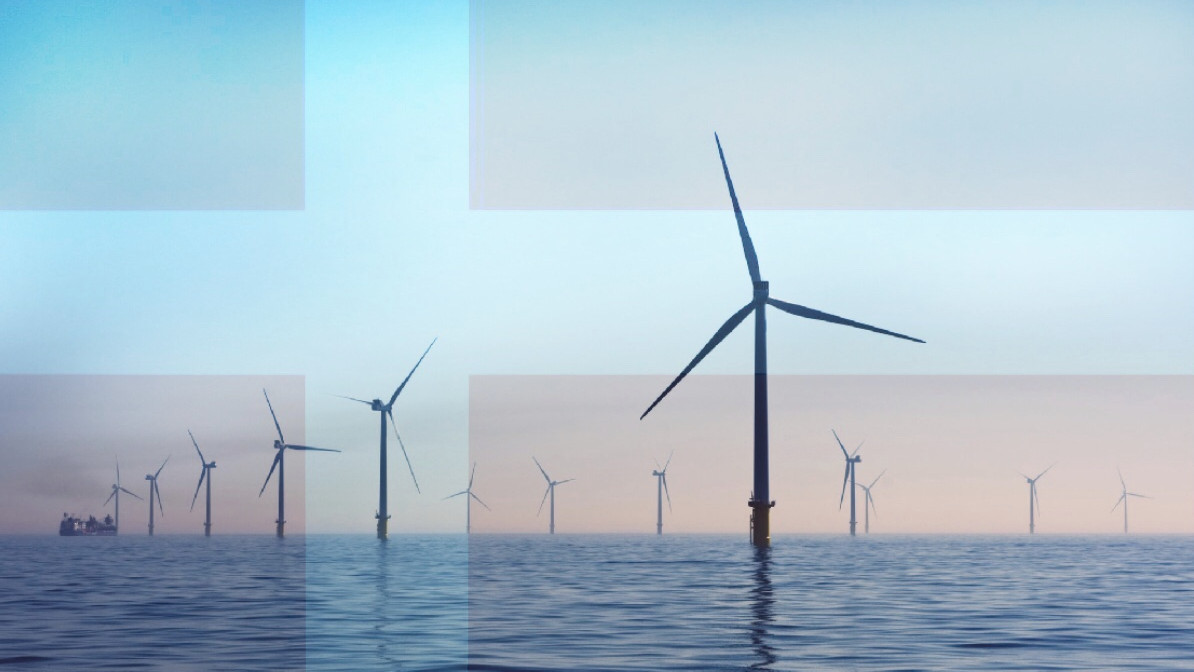
9. NEARLY HALF OF DENMARK’S ELECTRICITY NEEDS WERE MET BY WIND ENERGY LAST YEAR
Last month, Denmark’s national grid operator Energinet announced that just over 47% of energy was generated by wind turbines, up from 41% in 2018. Power generated by wind turbines at sea increased to 18% last year from 14% in 2018, while onshore wind accounted for 29%. European countries are global leaders in utilising wind power but Denmark is far in front of nearest rival Ireland, which sourced 28% of its power from wind in 2018 according to data from industry group WindEurope. Across the European Union, wind accounted for 14% of consumption last year, the group says. For more positive renewable energy news, click more.
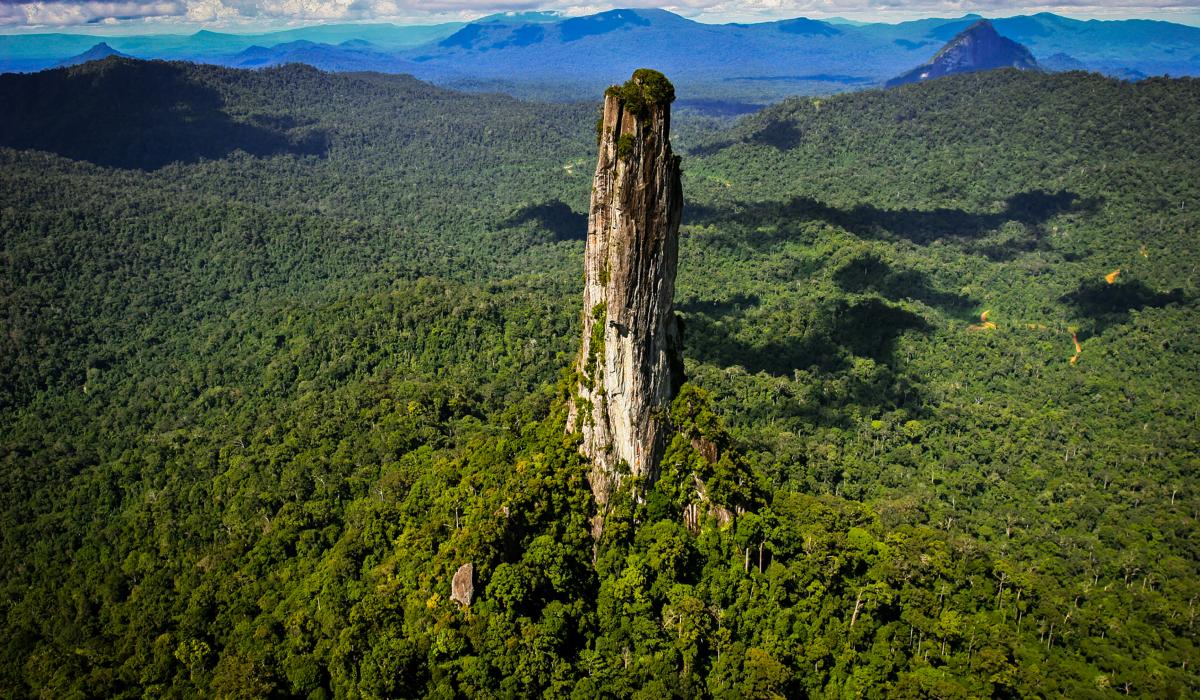
10. One trillion trees re-grown, saved from loss and better protected around the world by 2050
The Trillion Trees Vision: Trillion Trees is a collaboration between three of the world’s largest conservation organisations, founded on a vision of a world where tree cover is expanding not shrinking. By working together, Trillion Trees are leveraging their large networks and decades of experience towards a common goal. To close the gap between aspirational commitments and the reality on the ground, their dedicated team develops ideas into opportunities and connects them to funders. Their ventures are protecting and restoring forests for the benefit of people, wildlife and a stable climate, and inspiring sectoral change. Learn more.

